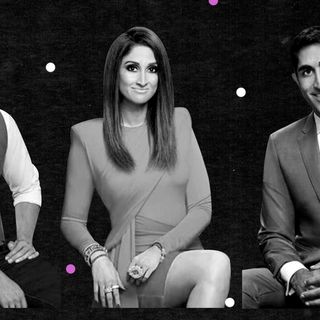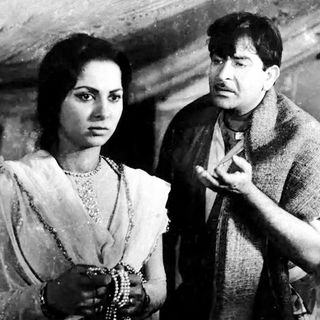The cruelties of teenage boys and young men are disturbing constants within the world we live in — the most recent is the incident where a bunch of Delhi-based teenage boys created a group chat to share photos of teenage girls, make lewd comments and throw around threats of violence and gang-rape. Some underage children were both the perpetrators and the victims of yet another demonstration of rape culture. As of now, an FIR has been filed by the Delhi police, and the Delhi Commission for Women has urged an inquiry into such serious allegations.
These demonstrations seem to play out endlessly. A bunch of young men are thrown into the public fold for their vicious, crude, sexually inappropriate behaviors, they are called out and publicly denounced. Endless threads of social media posts flutter about the problem — toxic masculinity, boys not holding other boys accountable, men being trash, India’s patriarchal culture, and more. Then, the cycle repeats.
This scourge won’t end yet because we have no real, large scale means to combat the greasy misogyny of an all-boys group chat. The tired internet discourse around this incident has ranged from whataboutery, to asking for capital punishment, to shaming, to asking boys to be better allies by holding each other accountable. While young teenage girls are within their rights to expect their male friends to stand up for them, adults cannot place the onus of stopping misogyny on teenage peer groups. By continuing public shaming and call-outs, without offering young boys who commit acts of violence any empathy and potential space to rehabilitate themselves, we only continue to create an increasingly hostile universe for young girls, who will continue to remain victims of the disgruntlement of boys and men.
The problem, especially in this case, is that both the victims and perpetrators are children, which means they’re incapable of understanding what’s okay, and what’s dangerously wrong. The only way to help young boys and girls navigate these situations, is sex education that provides a channel of communication around mental health, sexuality, sexual violence, and rape culture.
Related on The Swaddle:
What It Will Take to End Gang Rapes in India
Here’s why: an all-boys group chat is like a masculinity test-drive. It exists for young men to bond over attempts to showcase their own manliness, which in this case is often code for brashness, crude humor, and often, misogyny. In an environment of such relentless posturing, unspoken structures are formed, binding a young boy’s worth and nascent masculinity to his ability to withstand such crassness. Often, standing up to this means excommunication from a much-loved group of friends, or worse, relentless bullying. Without the help of a trained therapist or educator, navigating this interpersonal minefield is extremely tricky.
Unfortunately, as our culture stands — families and peers are unreliable dispensers of the morality young boys would require to keep away from misogyny. This is where initiatives from schools and community centers come in, offering access to trained sex educators and child therapists, who are better equipped to understand and ease out signs of toxicity.
This will not immediately do away with the problem. In a society that encourages aggression as form of male camaraderie, young boys will repeatedly engage in lewd behavior and cause damage with no true understanding of the transgressions they commit. Yet, around a solid, accessible sex education and support systems, young boys and girls will feel comfortable enough to bring up queries and fears in spaces that encourage dialogue and understanding. With adequate guidance at an early age, potential perpetrators can be rehabilitated early, and effectively. Sustained and sensible empathy is the only way to catch and curb nascent misogyny.




